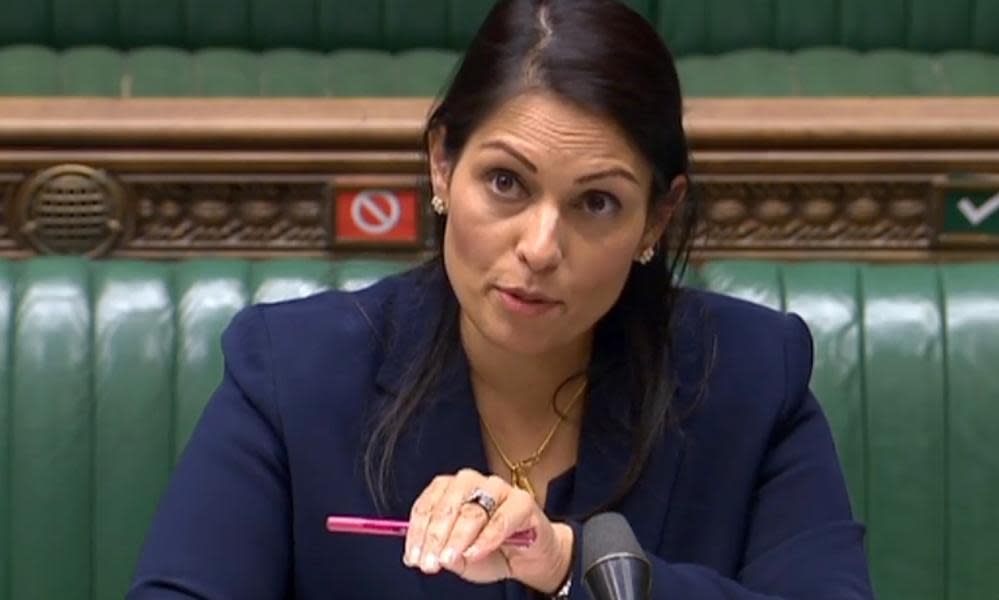The Guardian view on no visas for care work: adding insult to injury

In January, the Migration Advisory Committee laid out to government ministers some of the consequences of moving to a points-based immigration system. The social care sector, it pointed out, would be severely affected by new minimum salary thresholds, designed to keep out unskilled workers from abroad. This was because caring for the vulnerable and elderly was one of the most poorly paid occupations in the country, so foreign carers simply wouldn’t make the cut. An existing recruitment crisis would be made worse.
This week, in an act of cocksure recklessness startling even by this government’s standards, the home secretary in effect said: “Bring it on.” Setting out plans for a fast-track health and care visa for skilled foreign health workers, Priti Patel confirmed that British borders would, from 2021, be shut to the kind of low-paid care assistants who keep residential homes functioning. Roughly one in six staff currently working in adult social care are non-British. The decision to cut off this supply line of vital labour was taken during an ongoing global pandemic that, it is feared, could lead to a disastrous second wave of Covid-19 deaths this winter.
Why generate a new crisis in a sector that has been shamefully mistreated during the coronavirus ordeal, and whose long-term structural problems have been a national scandal for 10 years? The answer is that the government appears to envisage the new rules as a kind of shock therapy. Taking away the possibility of employing cheap labour from abroad, it presumes, will force care providers to attract local workers by offering proper training, genuine career pathways and, above all, higher pay. These are laudable aims. But the notion that this can be delivered in the current context is dangerous and delusional.
The long-term problems of the social care sector stem from the lack of a sustainable funding model and an excessive reliance on overleveraged private providers. Risible rates of pay have, in part, been driven by the need of large-scale chains to cut costs, pay back debt and deliver dividends. Meanwhile, local authorities, obliged for 30 years to outsource care provision to the private sector, have struggled to pay for it from shrinking, austerity-ravaged budgets. These are structural flaws in a broken system. They can only be addressed by a coherent government plan for social care reform and a new funding model.
Without that, as providers and local authorities have repeatedly warned, a crisis risks turning into a catastrophe. The vast expense of dealing with Covid-19 has pushed many councils along the road towards bankruptcy. It has also confronted care home providers with an estimated £6.6bn worth of extra bills. Could there be a more inopportune moment to conduct a reckless midwinter experiment, in which inadequately financed care providers will seek to fill new gaps in rosters? Future shortages will impact on poorly paid workforces already exhausted by months of stress, some of it the direct result of misguided policymaking in Whitehall during the pandemic. Most importantly of all, the quality of care for millions of elderly and vulnerable people will inevitably be adversely affected.
At the weekend, Care England, which represents 4,000 providers, wrote an open letter to Boris Johnson, beseeching him to make good on his promise to deliver a comprehensive plan for the future of social care provision. Still the country waits. What the government has offered instead adds insult to injury. Ms Patel has contrived to make a terrible mess even worse.

 Yahoo News
Yahoo News 
